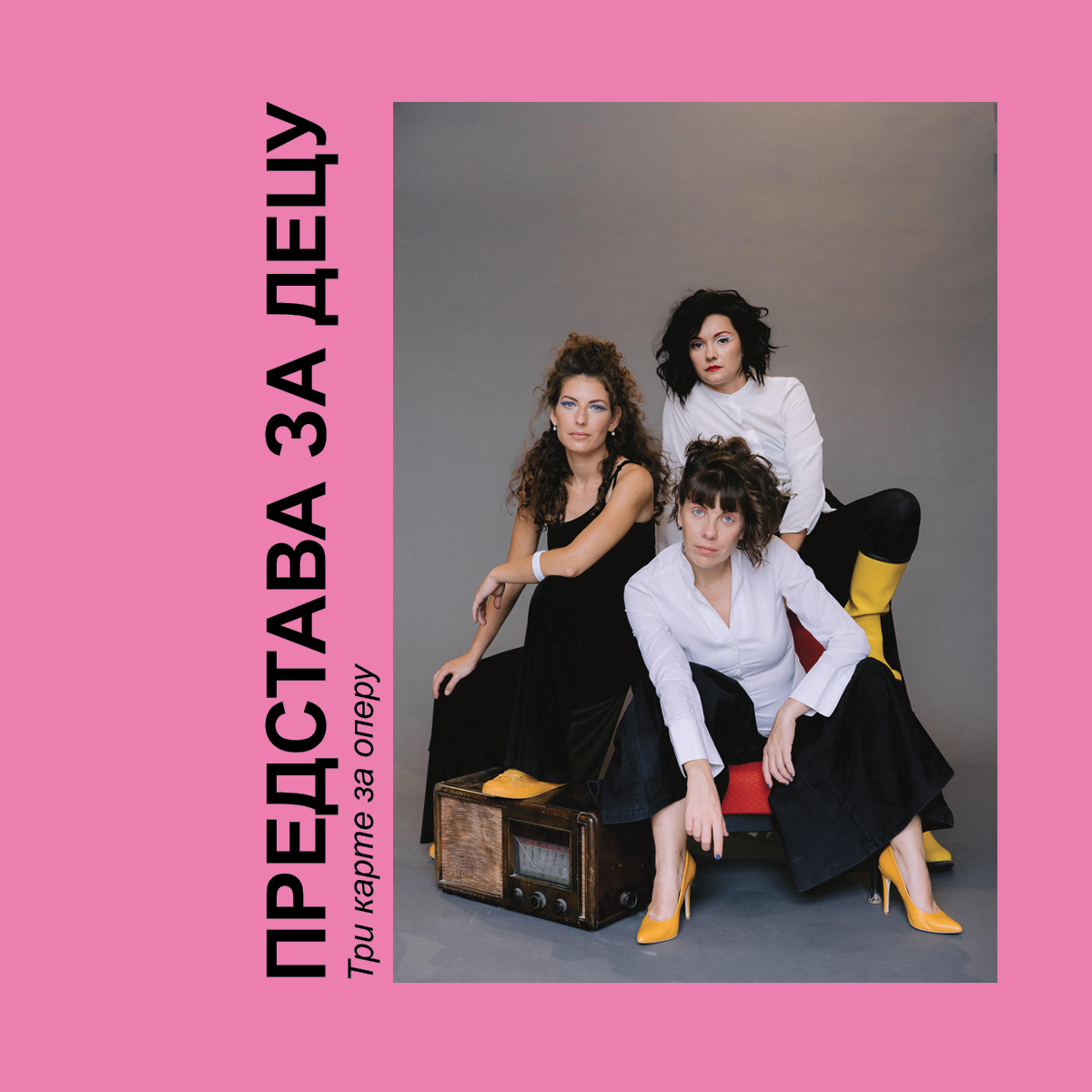
Three plays, inspired by the work of Peter Lund, Hilary the Witch Goes to the Opera, along with the workshops for children aged 5 to 7, will be performed in the Mlin Cultural Station on Saturday, 12 September at 10 a.m., 2 p.m. and 6 p.m.
The first part of this musical journey will be a 30-minute long musical play, while the second part, a 40-minute long workshop, will be implemented right after the play. Besides an actress and opera singer, both composer and audience will participate in the workshops and become a part of them. The play represents an opportunity for direct inclusion in the music making, thus, with the help of the composer, children compose their first composition in situ. This way, we will get a definite product – composition created by both the audience and participants.
The plays won’t be open to the public due to the epidemiological situation, instead there are visits organised in cooperation with the kindergartens, primary schools, Novi Sad Children’s Cultural Centre and organisations for the marginalised groups. This event is supported on the public call for local artists, ‘Artists. Now!’, the ‘Novi Sad – European Capital of Culture’ project. This is done through the implementation of the programmes in the spaces of the Cultural Stations.
Radoslava Vorgić Žuržovan and Maja Grgić wrote the libretto, while the leading roles play Sonja Leštar, actress, and Radoslava Vorgić, opera singer. The workshop’s moderator is Nataša Đuragić, composer, Sonja Leštar is the choreographer, Nataša Vranešević is costume designer, while Maja Grgić does the design of tone and light, scenography and directing.
Maja Grgić, director, believes many children don’t have an opportunity to engage in classical music:
‘They are consumers of what is offered to them, and we all witness that, what is offered isn’t the finest music most of the time. Classical music stands for something distant, boring, or something that most people don’t understand, thus their children don’t have an opportunity to hear classical music, let alone get an explanation on how to listen to it, or opera. This play serves to educate the children, so they can start experiencing the music in the right way, understanding it and learning what can be expressed through music and in what ways. Lastly, it offers the children a chance to try being musicians, so that they can understand music from within, not just as passive listeners. It’s important they get the product of their work, shared composition, in situ.’
The aim of the workshops is to familiarize children with opera through playing, creativity, teamwork, emotion and nature.